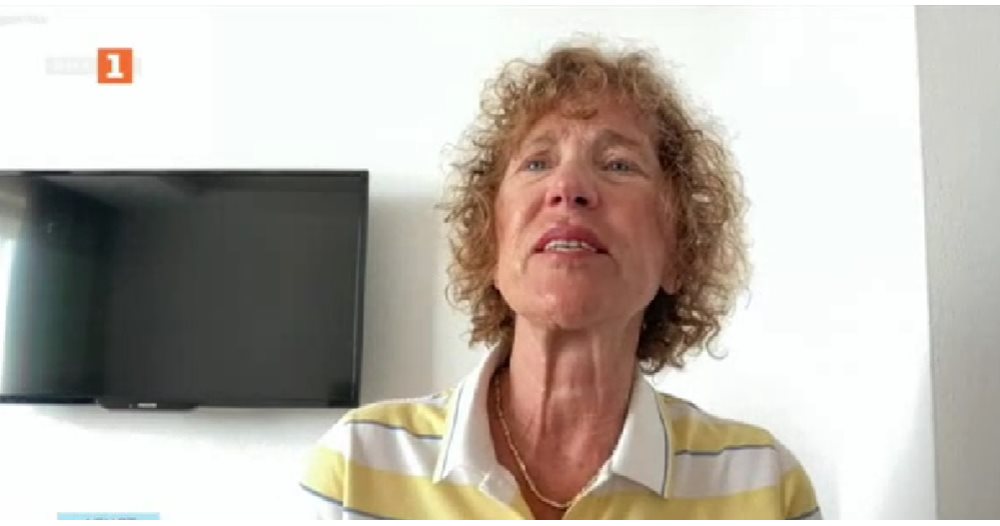Doctors began testing the first lung cancer vaccine on patients. The vaccine uses technology of messenger RNA (mRNA), the same one used in some vaccines against Covid-19, to guide the patients’ immune system.
Known as BNT116 and manufactured by BioNTech, the vaccine is designed to treat non-small cell lung cancer (NSCLC) – the most common form of the disease.
+ Read more news from Cheers in the West
The principle is to strengthen the person’s immune response to cancer, leaving healthy cells untouched, unlike what happens in chemotherapy.
Around 34 research centers in seven countries, including University College London (UCL)in the United Kingdom, recruiting 130 patients to test the vaccine
A British man receives the first vaccine for lung cancer
Unlike vaccines that immunize against infectious diseases, such as measles, BNT116 is intended to improve people who are already infected.
This is the case of the British scientist Janusz Racz, 67 years old. The first patient to receive the vaccine, lung cancer occurred in May this year. Immediately, he began chemotherapy and radiotherapy sessions.
Read also: A new SUS test detects viruses that can cause cancer early
During the treatment, Racz received six consecutive injections, with different RNA chains, over 30 minutes. He will receive the vaccine for six weeks straight and then every three weeks for 54 weeks.
“As a scientist, I understand that the progress of science, especially in medicine, depends on people agreeing to participate in such studies,” the Briton told the paper -news. The Keeper.
Clinical trials of the vaccine
Professor Siow Ming Lee, an oncologist and consultant physician at University College London Hospitals (UCLH) NHS Foundation Trust, is leading the UK trial. He explains that the trials are entering a new phase, the phase of immunotherapy based on mRNA, to investigate the treatment of lung cancer.
“It’s simple to administer, and you can select specific antigens on the cancer cell and then target them,” the oncologist told The Keeper. “This technology is the next big step in cancer treatment.”
The purpose of the vaccine, according to Lee, is to prevent the disease from coming back. “We hope that this additional treatment will stop the cancer from coming back,” said the doctor. “Often for patients with lung cancer, even after surgery and radiation, it will come back. “
Read also: “British professor becomes world’s first to receive vaccine against bowel cancer”
2024-08-24 23:31:00
#vaccine #lung #cancer #tested

